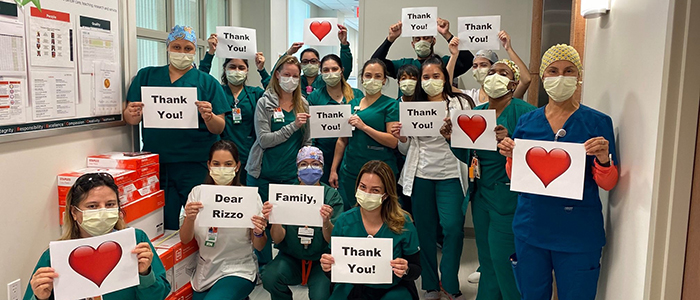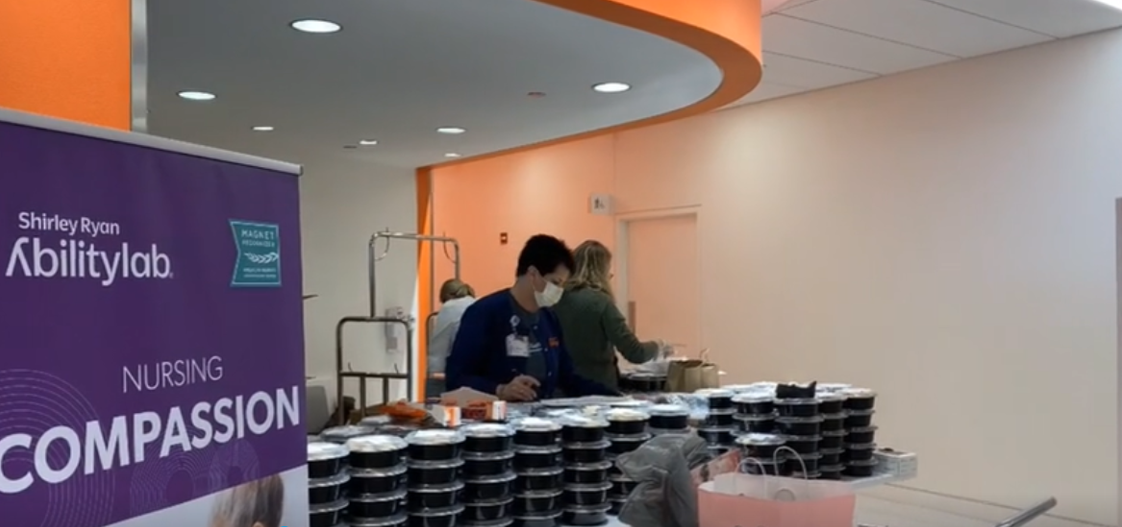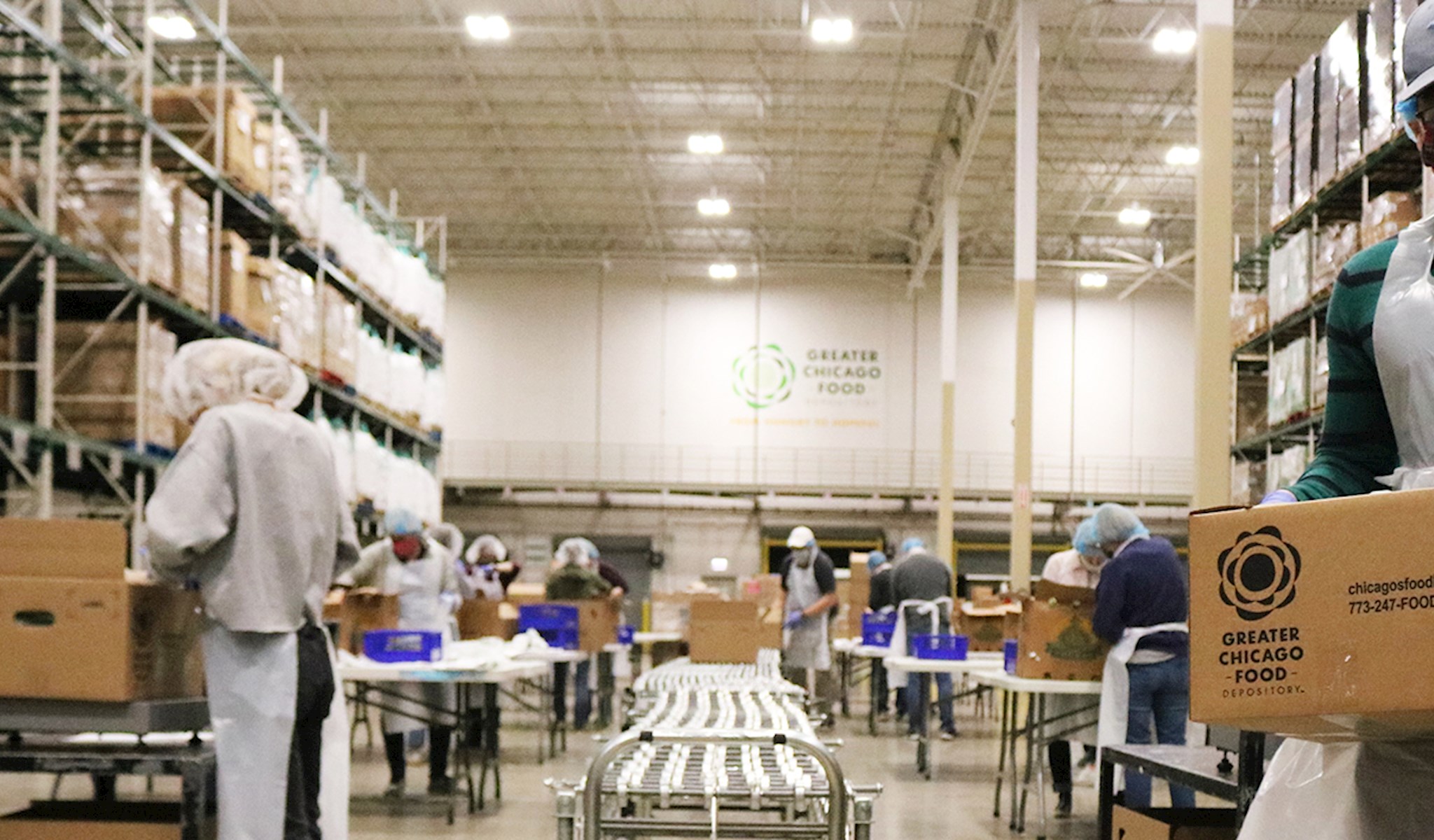Responding to communities hurting from the health and economic crisis brought on by the coronavirus pandemic, William Blair colleagues and clients are joining others around the world to help.
Among the hardest hit have been those living in the poorest communities, many of color, and those deemed essential workers who are also exposed to the virus risk on a continual basis.
Engaging in the communities where William Blair employees work and live has always been a core firm value. But the COVID-19 crisis brought an urgency to living that mission, according to Laura Coy, director of philanthropy strategy who oversees the William Blair Foundation.
"Every community is being impacted and the role of philanthropy is more important than I've seen play out in any situation before," Coy says. "It's not like 2008 when philanthropy dipped during the financial crisis. We've all been awakened that we've got a role to play."

The foundation and the firm's expanded employee-match gifting program for COVID-19 relief raised hundreds of thousands of dollars since March to support food banks, disaster relief, and front-line health workers. That includes nearly $500,000 donated by the firm, the foundation, and employees to food banks in Chicago and London, the Chicago COVID-19 Response Fund, and UK's NHS Charities Together.
William Blair employees led fundraising campaigns to deliver meals to hospital workers, including the staff at Lurie Children's Hospital and Shirley Ryan Ability Lab in Chicago and Atlanta's Grady Health. Clients also pitched in to support organizations like Chicago Cubs baseball player Anthony Rizzo's foundation, which sent such meals to 20 hospitals in four states from over 30 different restaurants. Other employees organized events that raised funds for charities serving families in low-income communities in San Francisco, Boston, and Chicago. And, the list goes on.
It has been one of the most challenging but rewarding times, Coy says. What made a huge difference is how quickly groups organized digitally and connected to donate and volunteer.
"This is a new era of philanthropy," Coy says. "The connectivity and technology created a platform for catalytic change."

William Blair clients and partnerships are also making a sizable impact. Fidelity Charitable, the nation's largest donor-advised fund and a William Blair DAF partner, challenged donors to grant at least $200 million by May 5 to nonprofits responding to the COVID-19 pandemic. Donors exceeded the challenge giving more than $236 million in grants to over 9,600 charities.
The Chicago Community Trust (CCT) was among the frontline foundations William Blair works with that stepped up aid to low-income areas hit hardest by the pandemic. CCT supplied emergency food, rent, mortgage, and utility assistance through grants to local nonprofits serving the area’s most vulnerable neighborhoods.
There's also been the creation of special cultural relief initiatives to assist groups under the radar such as artists, performers, writers, theater companies, and museums. The Arts for Illinois Relief Fund, a private-public partnership, is one example. Since it began in April, the fund has raised over $8 million from private-public partners. The effort was supported by a William Blair client, the Walder Foundation.
"Looking beyond COVID, where do we need to invest and sustain our communities?" Coy asks, reflecting the conversations employees have been having this summer. Those discussions led William Blair in June to initiate a new gift-matching program, with the firm tripling the amount each employee donates to organizations that work on social justice and racial equality.
"We are all learning from each other. It's really about how philanthropy is coming together, inspiring everyone to stand up and make a difference," Coy adds.



